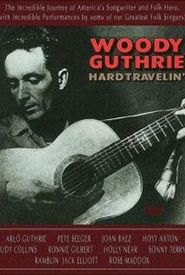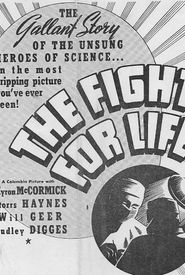Woodrow Wilson Guthrie, the son of Charley and Nora Guthrie, was born in the year a Democrat was elected president. His early life was marked by hardship, including the loss of his home and sister, his father's failed business and political careers, and his mother's struggles with undiagnosed Huntington's Disease. Despite these challenges, Woody developed a passion for performing, playing harmonica, and writing songs.
He married Mary Jennings in 1933, and they had three children together. In 1935, Woody joined the Oakies and Arkies who were migrating to California due to the Dust Bowl. His songs began to focus on the struggles of the migrants and the importance of unionization.
Woody's music career took off when he moved to New York and met Pete Seeger, Lee Hays, Leadbelly, and Cisco Houston. He was commissioned to write songs for a documentary about the Grand Coulee Dam, but it was never completed. Woody's family left him, and he married Martha Graham dancer Marjorie Mazia in 1940. He joined Pete Seeger's Almanac Singers and published his autobiography, Bound for Glory, in 1943.
During World War II, Woody served in the Merchant Marine and was torpedoed three times. In 1947, his daughter Cathy died in an apartment fire. Woody married Marjorie again, and they had three more children, including Arlo, Joady, and Nora. In 1953, he married Anneke Van Kirk, and they had a daughter, Lorinna Lynn Guthrie. However, they divorced, and Lorinna was adopted by a couple they knew.
In the 1950s, Woody experienced bouts of irrational behavior and was unable to play his guitar. He was eventually diagnosed with Huntington's Disease. Despite this, a new generation of musicians, including Bob Dylan, discovered and played his music, adapting it to the Civil Rights movement.
Woody's life was marked by both tragedy and triumph, and he remains one of the most important figures in American folk music.



























